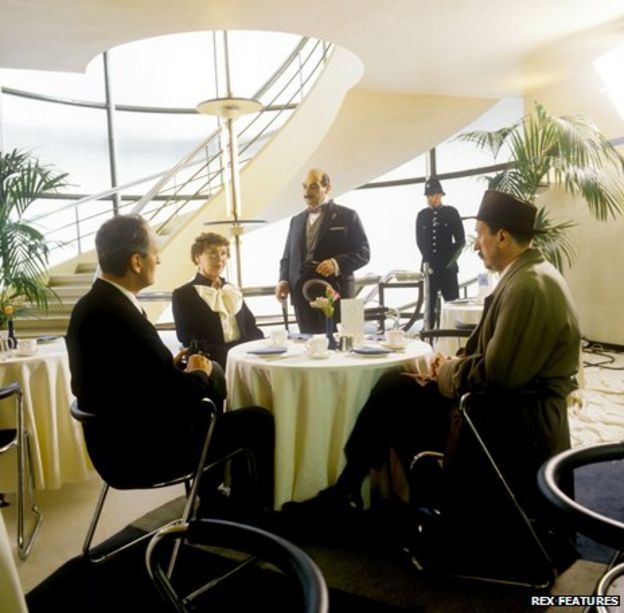One step forward, two steps back.
So, aside from doing some shopping and cleaning and going for a bike ride today, I actually started doing my research project. (Pause for shouts of tally-ho, and snufflings of blood-hounds.)
Following a tip from my sponsor at the Complutense, I looked up the Fundación Ortega y Gasset (and discovered that it is now the Fundación Ortega y Gasset-Marañón), which currently occupies the building that was the
Residencia de Señoritas, which accompanied the
Residencia de Estudiantes, and was deeply involved in higher education for women in Spain in the early twentieth century.
Success! The Fundación
does hold the archives of the
Residencia de Señoritas. Even better, it includes extensive letters to and from alumnae,
and the "
expedientes" (or files) of its students. Even more excitingly, these resources have not been extensively catalogued yet. I
know Dorothy Peterson was in Spain when the
Residencia de Señoritas was active, and I know she mentions staying at the "
Residencia de Estudiantes," which at the time would not have been co-ed. So this looks like an excellent lead!
I was deeply excited for about fifteen minutes, while I tried to figure out the protocol for using the archive, and whether I would need my CSIC card, or another letter of introduction from the Complutense, or whether I should just show up. The web page was not forthcoming.
So I did another Google search and -- despair! The library and archive of the foundation are (according to another part of the fundación's web page) closed for renovations until January of 2019.
Aaargh.
They do have an email address that research inquiries can be directed to. I am considering asking the nice people I know at the Complutense if they know anyone at the Fundación on whose mercy I can throw myself. It's such a perfect re-play of what Arthur Schomburg writes about in "In Quest of Juan de Pareja," when he describes searching the Prado for a painting by Juan de Pareja and being told that it was on the third floor which was "
cerrado por obras." Lucky Schomburg managed to throw himself on the mercy of the director and beg that this was a once in a lifetime opportunity that he had crossed the Atlantic for and could he please, please,
please see the painting. Unfortunately, jet travel has destroyed the "once in a lifetime opportunity" plausible excuse for trans-Atlantic travelers in Europe (though nowadays with the massive pilot strikes that are on the news here who knows?) but still, I only have one Fulbright year, and limited funds and time, and it would be
so cool to find more traces of Dorothy Peterson, or even better more of her letters (she was a wonderful letter writer). Or a draft (or drafts) of the article she published about Spain. But alas...no guarantees.
So that was today's elation and disappointment in research news. Fingers crossed that other leads work out. In the meantime, I've been thinking about how to structure the Peterson chapter, and what to look for about her while I'm here (aside from every single scrap of writing I can lay my hands on).
The archive two-step can be exhausting, but it's exhilarating when you bound forward, and this is just barely the beginning of the first set. I'm going to get all the way around the dance floor yet.

















